11 Benefits Of Orange Peels – Why They Make Your Life Better
The peel that you thought was useless has some incredible benefits for your skin after all.

Image: Midjourney/ StyleCraze Design Team
If you eat only the pulp and throw the orange peels away, then you have got the wrong idea. You are definitely unaware of the benefits of orange peels. Are orange peels good for you? What if we told you that the orange peel is the healthiest component of the entire fruit? Surprising, right? Brace yourself for the surprising health benefits of orange peels as you read this article. Scroll down!
 Know Your Ingredient: Orange Peel
Know Your Ingredient: Orange PeelWhat Is It?
The outer, protective layer of an orange fruit that is typically discarded after consumption.
What are Its Benefits?
It’s a natural exfoliant that lightens dark spots and is rich in vitamin C, which boosts the immune system and promotes healthy skin.
Who Can Use It?
Most people, for various beauty and health purposes.
How Often?
It is safe to use orange peels as part of a regular beauty and skincare routine.
Caution
Individuals with sensitive skin should be careful while using it topically as it may cause irritation or allergic reactions.
In This Article
How Are Orange Peels Good For You?
Some reports suggest that the orange peel is actually the healthiest part of the whole fruit. As surprising as that might seem, research tells us that orange peels are rich in flavonoids and several other important phytochemicals that offer various health benefits. Just to give you an idea – while the orange flesh contains about 71 milligrams of vitamin C, the peel contains over 136 milligrams.
The peel is high in nutrition. It contains copper, calcium, magnesium, folate, vitamin A and other B vitamins, and dietary fiber. Each of these nutrients impacts our health positively, showing orange benefits go beyond the juicy fruit.
 Fun Fact
Fun FactAll of these nutrients contribute to human health in marvelous ways and we will look at some of its health benefits now.
Key Takeaways
- Orange peel treats acne and breakouts and also adds a glow to the face.
- Orange peels are a storehouse of vitamin C, which promotes weight loss and burns excess fat.
- Orange peels can be utilized in diverse forms, such as powder, oil, and extract.
- Always choose organic, fresh oranges for peels and use them in moderate quantities to avoid any adverse effects.
What Are The Benefits Of Orange Peels?
1. Orange Peels Help Prevent Cancer
As per studies, the flavonoids in orange peels inhibit a protein (termed as RLIP76) that is linked to cancer. The peels also contain another compound called limonene, which can cut cancer risk.
Other studies speak of the efficacy of citrus peels in general in preventing cancerous activities in remarkable ways (1).
2. Improve Lung Health
Thanks to their excellent vitamin C content, orange peels help break down congestion and cleanse the lungs. Vitamin C also boosts immunity, and this helps ward off and prevent lung infections.
The peels can help you expel phlegm by cleansing your lungs. Enhanced immunity also prevents ailments like cold and flu.
3. Aids Diabetes Treatment
The peels are rich in pectin, a fiber that is known to regulate blood sugar levels.
This sure can help people with diabetes. Studies have also shown how treatment with orange peel extract can help prevent diabetic nephropathy (2). And then, we have the protein we discussed earlier – RLIP76. Elimination of this protein from the system prevents diabetes – and this is what orange peel does.
Also, the glycemic load of the fruit is just 5 – and this means orange peel causes only a small rise in blood sugar.
4. Strengthen Heart

Orange peels are rich in a flavonoid called hesperidin, which has shown to lower blood cholesterol and blood pressure levels (3). The peel also has anti-inflammatory properties, and since heart disease is caused by inflammation, they can help in this regard.
Another set of compounds in orange peels are the polymethoxylated flavones, which lower cholesterol levels better than certain prescription drugs.
5. Help In Weight Loss

Instead of opting for risky weight loss operations and drugs, why not try a healthy diet? Oranges are low in calories, which is one reason they are a great addition to a weight loss diet. And they are filled with dietary fiber, which controls your appetite and discourages binging.
Orange peels also contain vitamin C that is known to help burn fat.
6. Boost Eye Health
Though there is less information on this, some sources say that compounds like limonene, decanal, and citral in orange peels can help boost eye health. They have anti-inflammatory properties that fight infections and improve vision.
7. Enhance Digestive Health

The fiber in the fruit peel aids digestion and promotes regularity. Studies also show how citrus fruit peels, in general, have been used since ancient times to treat digestive disorders (4).
8. Help Fight Inflammation
One New York study shows how orange peel exhibits excellent anti-inflammatory properties (5). Further research tells us how orange peels can suppress inflammation in a way similar to indomethacin, an anti-inflammatory drug.
Also, the flavonoids in orange peels are known to permeate membranes and heal inflammation.
9. Protect Teeth
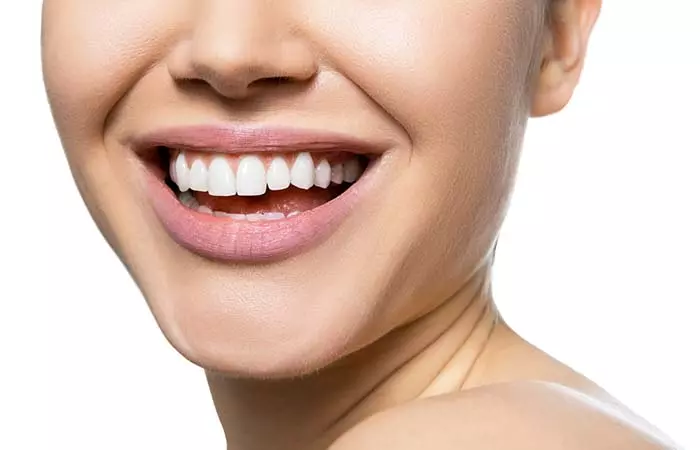
Thanks to the antibacterial properties of orange peels, they protect you from dental caries (6).
Additionally, you can also whiten your teeth using orange peels. The limonene in orange peels also works as a natural scent and solvent. This helps whiten your teeth in a natural way.
10. Make Skin Glow
Orange peel is considered a boon for the skin as it treats blackheads, dead cells, acne, and blemishes. It also brightens your face. You can also add milk or curd to get that extra glow or for removing tan.
Elizabeth Quinn, MS, CNS, FMCHC, says, “In 2016, an in vitro study found that antioxidant substances in mandarin orange peel could be a promising anti-wrinkle agent when they are used in skin care products.”
She continues, “Orange peels are high in vitamin C, and vitamin C in topical products has been shown to decrease wrinkling and increase collagen production. Orange peels also have an acidic pH, and vitamin C is more readily taken up by the skin in an acidic environment.”
You may check out orange face pack recipes to understand how to make the most of the fruit pulp and peels.
11. May Boost Hair Growth
The orange peel is a rich source of vitamin C, an antioxidant that has the potential to enhance the density of dermal papilla (DP), a vital component in hair follicles, through the mechanism of angiogenesis. It has been linked to hair growth and structural improvements associated with the aging process. A study suggested that vitamin C is particularly effective in stimulating dermal papillae in cell culture due to its antioxidant properties (7). This may lead to increased cell proliferation and overall improvement in total antioxidant capacity (TAC). This insight highlights the potential of orange peel as a natural aid in promoting healthier hair growth.
Shilpa Gupte, a blogger, shares her personal experience after rediscovering the beauty benefits of orange peel powder. She writes, “I think it must be around last year that I noticed dark spots on my cheeks. I guess it may be as a result of hormonal changes. But, ever since I began using the orange peel powder, I have been noticing slight changes in those dark spots. They do appear lighter (i).”
That’s about the benefits. But did you know there are a few other uses of orange peels?
What Are The Other Uses Of Orange Peels?
There are other ways you can use leftover orange peels. Take a look:
- You Can Make Tea
Put fresh orange peels into a pot of water and bring it to a boil. Then, turn off the heat and allow the peels to steep for an hour. Strain the water, and your tea is ready.
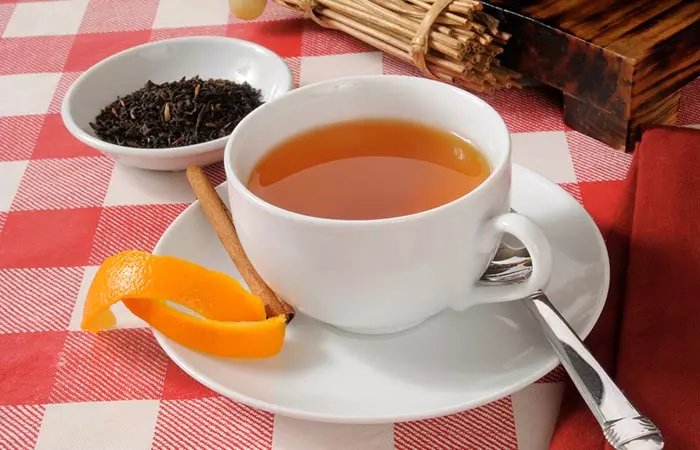
- You Can Make An Air Freshener
Simply adding the peels in boiling water can freshen the air around you. In fact, you can inhale the air (steam) for relief from headache.
- You Can Make Candies
Cut the peels into ¼ strips and place them in a large saucepan. Cover with cold water and boil on high heat. Drain the water and repeat this process twice. In another small bowl, whisk 1 ½ cups of sugar and ¾ cup of water. Add this mixture to a saucepan and bring to a medium simmer. Allow it to cook for about 10 minutes. Now, add the peels to this and allow it to cook for an hour. Avoid stirring to prevent crystallization. Drain the syrup and spread the peels on a drying rack for about 5 hours. You can store them in an airtight container.
- You Can Polish Wooden Or Stainless Steel Surfaces
You can polish the surfaces using the peels alone or with vinegar. A drop or two of vinegar on the peels will do.
In addition, orange peels are also used to produce a fragrant oil that has potential health benefits (8). You’re probably wondering, “can you eat orange peels?” Yes, you can. But if you are preparing them for consumption purposes, it is important you keep a few things in mind.
Jesse Feder, Clinical Dietitian at the Memorial Regional Hospital South, says, “Farmers typically use pesticides on oranges to prevent mold growth and infestation from insects. Though there are usually very low and insignificant amounts of pesticides found in the actual fruit, the peels usually do have a higher amount on them. I highly recommend rinsing and scrubbing the peels if you plan on using them in a dish or drink in order to prevent the ingestion of pesticides.”
Elizabeth adds, “Oranges are treated with the fungicides imazalil and thiabendazole, and this chemical will be on the peel of the oranges that you buy. Here are three ways you can avoid or decrease these chemicals:
- Buy organic oranges if you plan to use the peel.
- Buy domestic oranges that are not shipped for a long distance. Average levels of these fungicides are lower on domestic oranges, according to the USDA.
- If you plan to use the peel of an orange that is not organic, scrub it thoroughly first with soap and hot water.”
 Quick Tip
Quick TipWhile all these uses sure come in handy, you should also be a little careful when using orange peels to avoid any possible adverse effects. Learn about the necessary precautions you should take when using orange peels in the next section.
Precautions When Using Orange Peels
While orange peels offer numerous benefits, you should exercise caution when consuming them. Here are some potential drawbacks to consider:
- Some individuals may experience digestive discomfort, such as bloating or gas, when consuming large amounts of orange peels. It is advisable to start with a small quantity and gradually increase your intake as tolerated.
- People with citrus allergies may experience allergic reactions, such as hives, itching, or difficulty breathing. The fibrous texture of orange peels can sometimes irritate the mouth and throat, especially when consumed in large quantities. It is best that you avoid consuming or using any part of oranges, including the peel, if you are allergic to citrus fruits.
- If you are taking certain medications, such as blood thinners or heart medications, consuming orange peels may interact with these drugs. Consult with your healthcare provider before incorporating orange peels into your diet.
Infographic: Benefits Of Orange Peels
You may get surprised once you learn the many health benefits of orange peels. They are the healthiest components of the fruit one can not ignore and are loaded with several essential phytochemicals that offer various benefits. Click on the infographic below to learn about the top health benefits of orange peels. Illustration: StyleCraze Design Team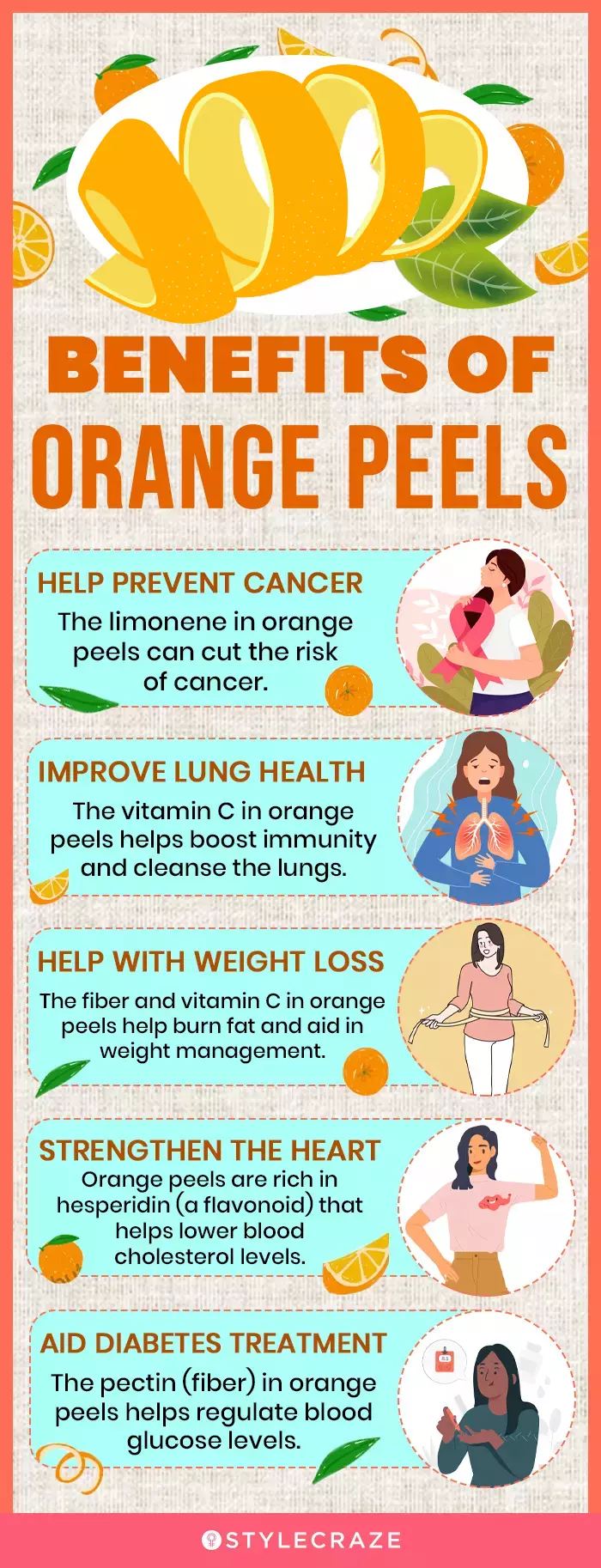
Orange peel benefits can be attributed to its high nutritional profile. It is a good source of dietary fiber, minerals, and vitamins A, B, and C. These nutrients help promote lung, heart, eye, and gut health. It may help boost skin health, too, thanks to its rich antioxidant and anti-inflammatory properties. Orange peels can be useful for culinary preparations and for making tea, candies, and even air fresheners. Nevertheless, excessive use of orange peels may have side effects. If you experience any adverse effects, limit its use and seek medical advice.
Tell us how this post has helped you. Simply leave a comment in the box below.
Frequently Asked Questions
Is dried orange peel healthy?
Feder says, “Dried orange peels contain flavonoids that are very good for you. These are antioxidants that can reduce inflammation throughout the body as well as prevent certain health conditions such as heart disease and cancers. They are also rich in certain nutrients such as vitamin c, fiber, b vitamins, and even calcium. This can support your immune system, colon health, and normal bodily function.”
Is dried orange peel the same as orange zest?
Feder says, “Dried orange peel is not the same as orange zest. Orange zest is only the outer layer of the orange skin, whereas the orange peel is both the outer layer and inner layer, also known as the zest and pith.”
Elizabeth adds, “Dried orange peel will taste much different from orange zest. Fresh orange zest will have more of the volatile oils that give it a sharp and zingy flavor, and not include the bitter compounds in the pith.”
Does boiling an orange peel destroy its nutrients?
Yes, boiling may strip orange peels of some nutrients. However, this depends on the extent to which the peels have been boiled.
What are the benefits of orange peel powder?
Orange peel powder is rich in antioxidant properties and helps reduce oxidative stress in the body. It also can be used as a natural antioxidant in functional foods or food supplements (9). Traditionally, it has been used to improve skin health.
Can I boil an orange peel and drink the tea?
Ye, you can boil an orange peel to make tea. Anecdotal evidence suggests that this tea may help improve immunity, treat a hangover, and aid in digestion.
Is a boiled orange peel good for the face?
Yes, anecdotal evidence suggests that orange peel has anti-inflammatory, antibacterial, and antifungal properties, which may help fight acne and cleanse the skin.
Does boiling an orange peel reduce its vitamin C content?
Yes, studies suggest that vitamin C retention is the lowest when foods are boiled in water (10).
How does orange peel lighten dark spots?
Orange peel is a rich source of vitamin C, which helps fight hyperpigmentation and lighten/remove dark spots (11).
Is orange peel a laxative?
Yes, studies indicate that orange peel increases stool frequency and regulates gastrointestinal motility (contraction of muscles that move the contents in the GI tract forward) for people experiencing constipation (12).
Illustration: Benefits Of Orange Peels – Why They Make Your Life Better

Image: Stable Diffusion/StyleCraze Design Team
Discover the amazing health benefits and home uses of orange peels. From boosting immunity to making natural cleaners, check out this video to see why this ingredient is a must-have in your life.
Personal Experience: Source
StyleCraze's articles are interwoven with authentic personal narratives that provide depth and resonance to our content. Below are the sources of the personal accounts referenced in this article.
i. Tried and tested benefits of orange peel powder,https://shilpaguptedotcom.wordpress.com/2019/06/05/tried-and-tested-benefits-of-orange-peel-powder/
References
Articles on StyleCraze are backed by verified information from peer-reviewed and academic research papers, reputed organizations, research institutions, and medical associations to ensure accuracy and relevance. Read our editorial policy to learn more.
- Anticancer Activities of Citrus Peel Polymethoxyflavones Related to Angiogenesis and Others
https://www.ncbi.nlm.nih.gov/pmc/articles/PMC4163462/ - Amelioration of diabetic nephropathy by orange peel extract in rats
https://pubmed.ncbi.nlm.nih.gov/25103218/ - Effect of the peels of two Citrus fruits on endothelium function in adolescents with excess weight: A triple-masked randomized trial
https://www.ncbi.nlm.nih.gov/pmc/articles/PMC4652303/ - Flavonoid composition of orange peel and its association with antioxidant and anti-inflammatory activities
https://pubmed.ncbi.nlm.nih.gov/27719891/ - Anti-inflammatory effects of characterized orange peel extracts enriched with bioactive polymethoxyflavones
https://www.sciencedirect.com/science/article/pii/S2213453014000056 - Antimicrobial effects of Citrus sinensis peel extracts against dental caries bacteria: An in vitro study
https://www.ncbi.nlm.nih.gov/pmc/articles/PMC4739372/ - Improvement of Cell Proliferation and Antioxidant Activity of Silymarin in Hair Follicles Dermal Papillae Isolated from the Human Scalp: Comparison with Vitamin C Effects
https://www.ncbi.nlm.nih.gov/pmc/articles/PMC7759063/ - Extraction of ‘Gannanzao’ Orange Peel Essential Oil by Response Surface Methodology and its Effect on Cancer Cell Proliferation and Migration
https://www.ncbi.nlm.nih.gov/pmc/articles/PMC6384855/ - HPLC-DAD Phenolic Characterization and Antioxidant Activities of Ripe and Unripe Sweet Orange Peels
https://www.ncbi.nlm.nih.gov/pmc/articles/PMC4665423/ - Effect of different cooking methods on the content of vitamins and true retention in selected vegetables
https://www.ncbi.nlm.nih.gov/pmc/articles/PMC6049644/ - Vitamin C Prevents Ultraviolet-induced Pigmentation in Healthy Volunteers: Bayesian Meta-analysis Results from 31 Randomized Controlled versus Vehicle Clinical Studies
https://www.ncbi.nlm.nih.gov/pmc/articles/PMC6415704/ - Extraction of Pectin from Orange Peel and Study of Its Protective Effect Against Loperamide-Induced Impaired Gastrointestinal Motor Functions and Oxidative Stress in Rats
https://www.researchgate.net/publication/358514964_Extraction_of_Pectin_from_Orange_Peel_and_Study_of_Its_Protective_Effect_Against_Loperamide-Induced_Impaired_Gastrointestinal_Motor_Functions_and_Oxidative_Stress_in_Rats
Read full bio of Alexandra Dusenberry
- Elizabeth Quinn, MS, CNS, FMCHC, is a Certified Nutrition Specialist trained in functional nutrition. She is also a Functional Medicine Certified Health Coach and helps her clients discover personalized eating plans that are right for them.
 Elizabeth Quinn, MS, CNS, FMCHC, is a Certified Nutrition Specialist trained in functional nutrition. She is also a Functional Medicine Certified Health Coach and helps her clients discover personalized eating plans that are right for them.
Elizabeth Quinn, MS, CNS, FMCHC, is a Certified Nutrition Specialist trained in functional nutrition. She is also a Functional Medicine Certified Health Coach and helps her clients discover personalized eating plans that are right for them. - Jesse Feder, RDN/LDN, is a Clinical Dietitian at the Memorial Regional Hospital. He is also a certified by the American College of Sports Medicine as a personal trainer (ACSM-CPT) and the National Strength and Conditioning Association as a Certified Strength and Conditioning Specialist (NSCA-CSCS).
 Jesse Feder, RDN/LDN, is a Clinical Dietitian at the Memorial Regional Hospital. He is also a certified by the American College of Sports Medicine as a personal trainer (ACSM-CPT) and the National Strength and Conditioning Association as a Certified Strength and Conditioning Specialist (NSCA-CSCS).
Jesse Feder, RDN/LDN, is a Clinical Dietitian at the Memorial Regional Hospital. He is also a certified by the American College of Sports Medicine as a personal trainer (ACSM-CPT) and the National Strength and Conditioning Association as a Certified Strength and Conditioning Specialist (NSCA-CSCS).
Read full bio of Ravi Teja Tadimalla
Read full bio of Arshiya Syeda
Read full bio of Sindhu Koganti








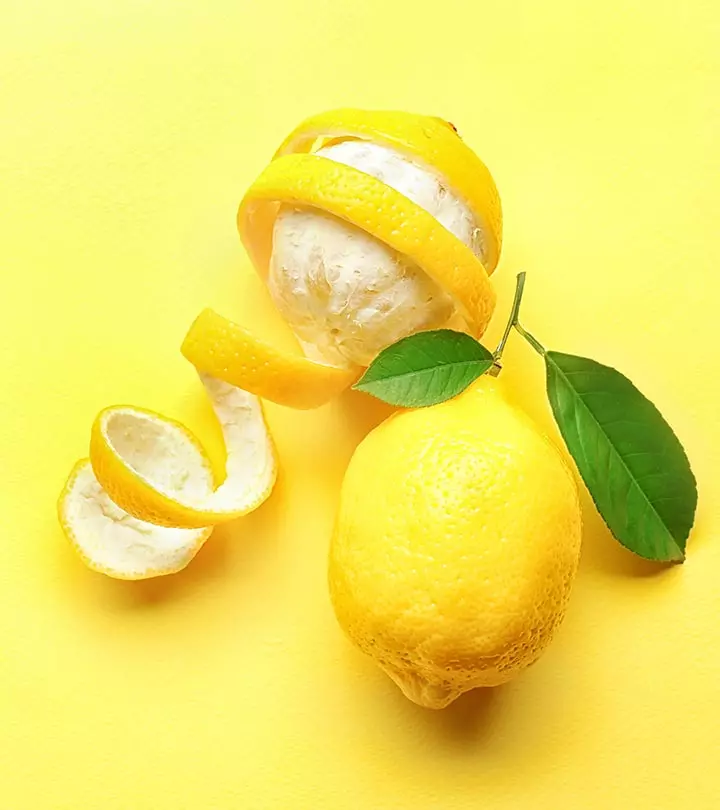
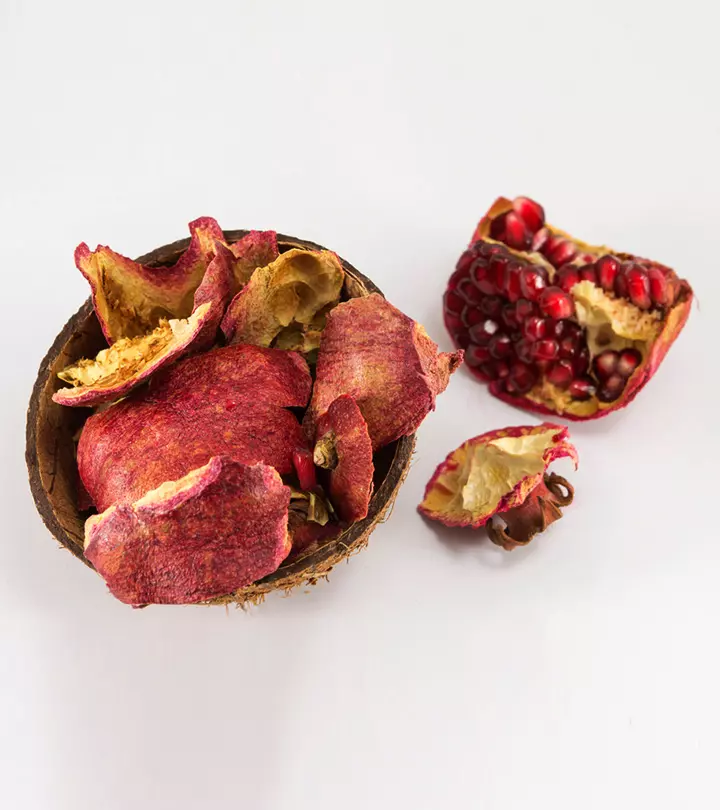

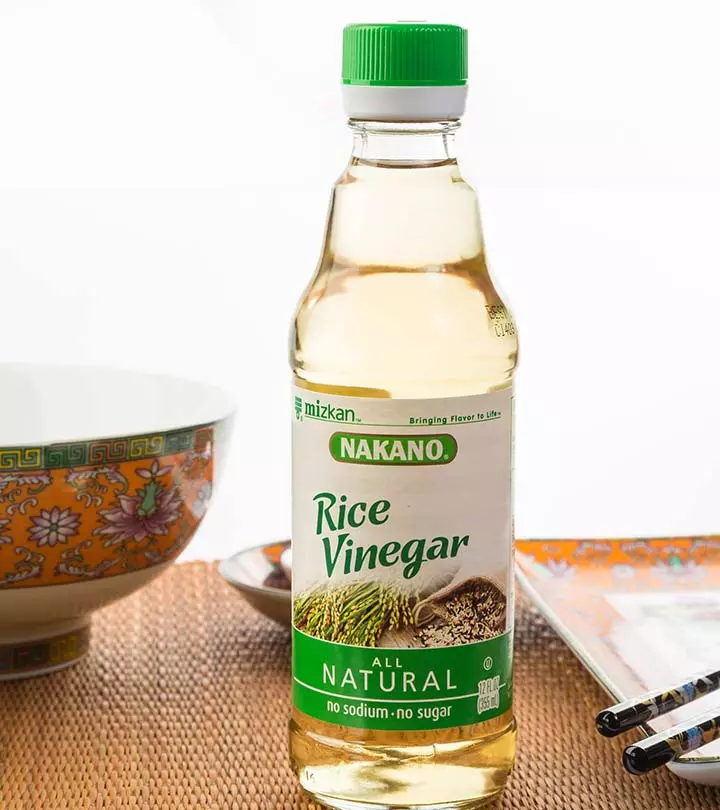
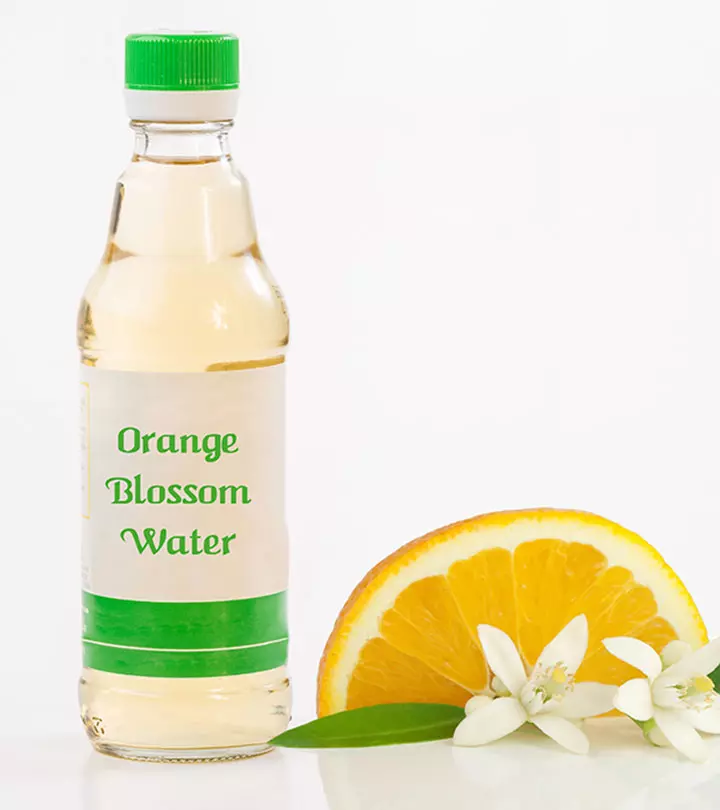
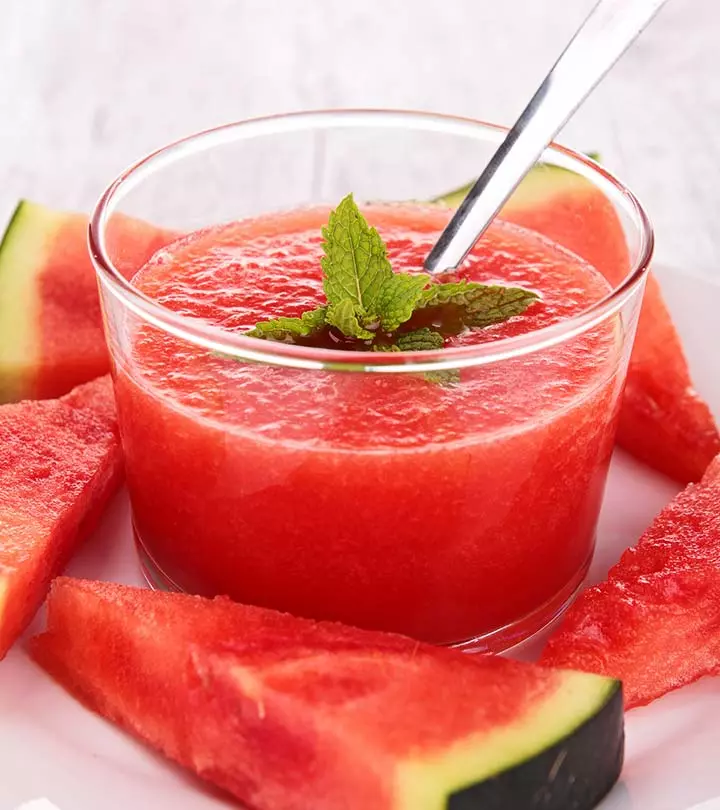



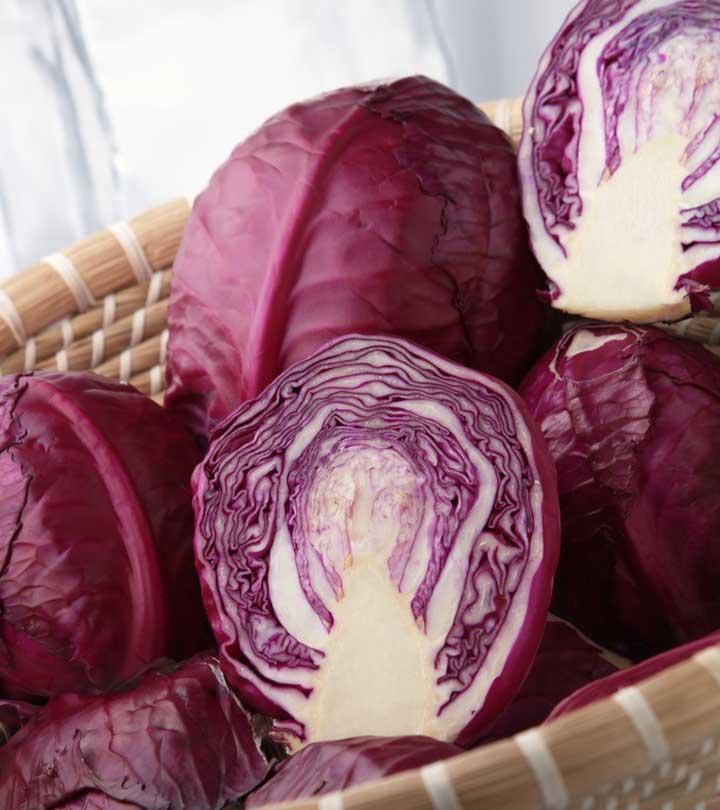
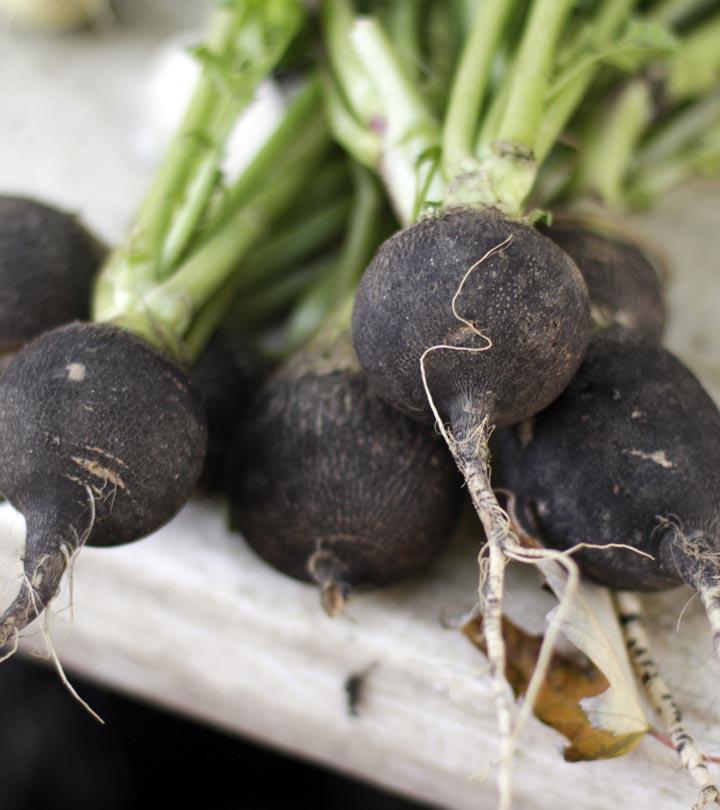
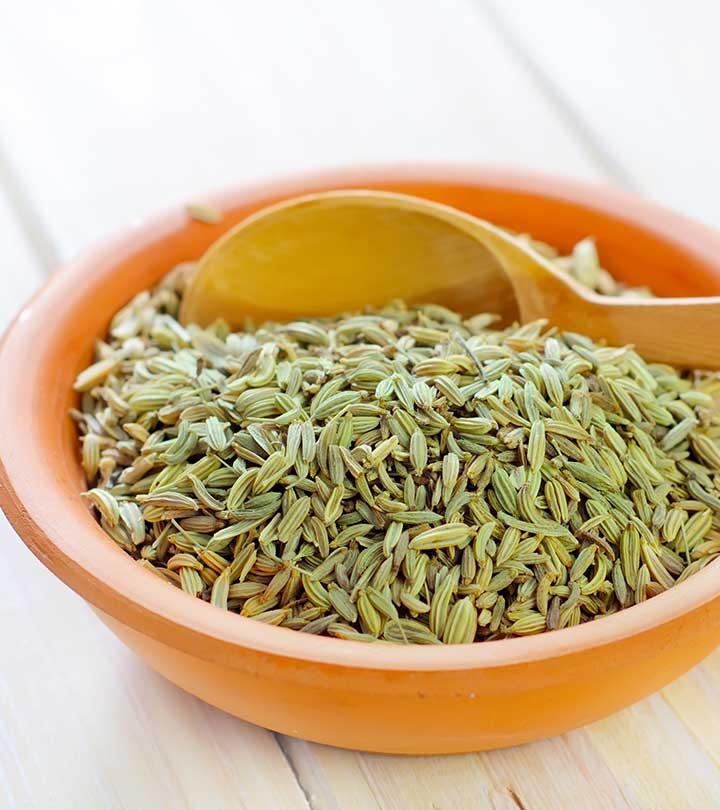
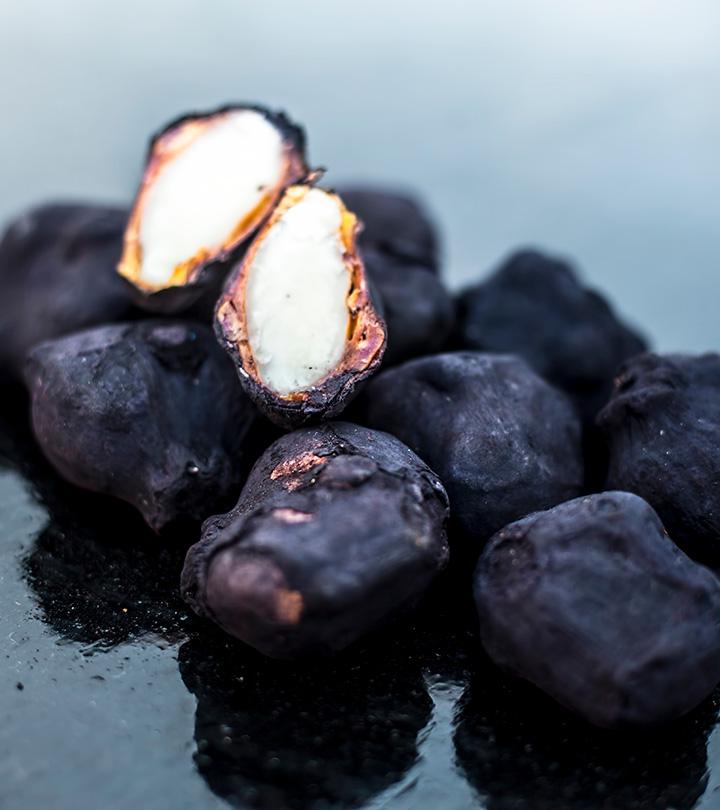
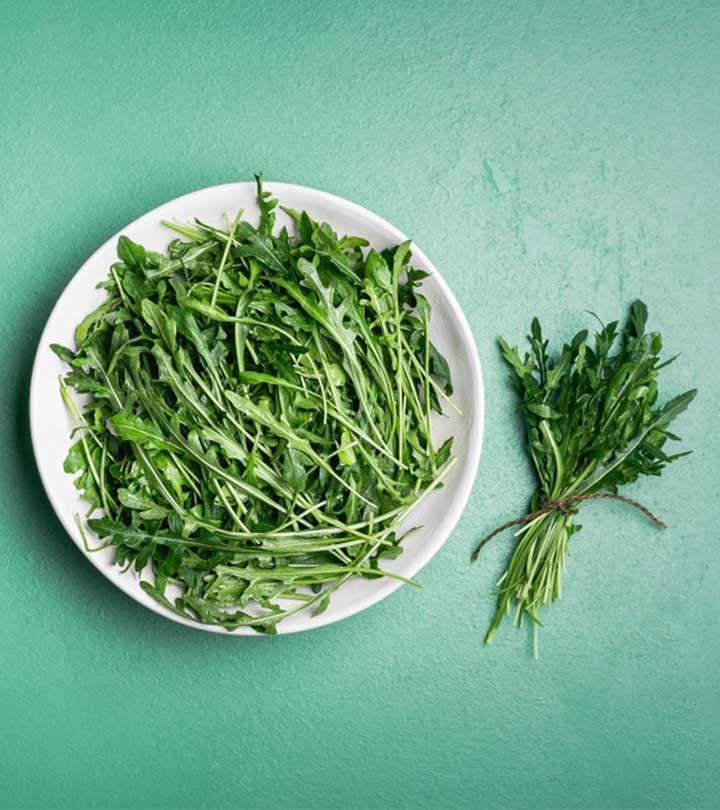
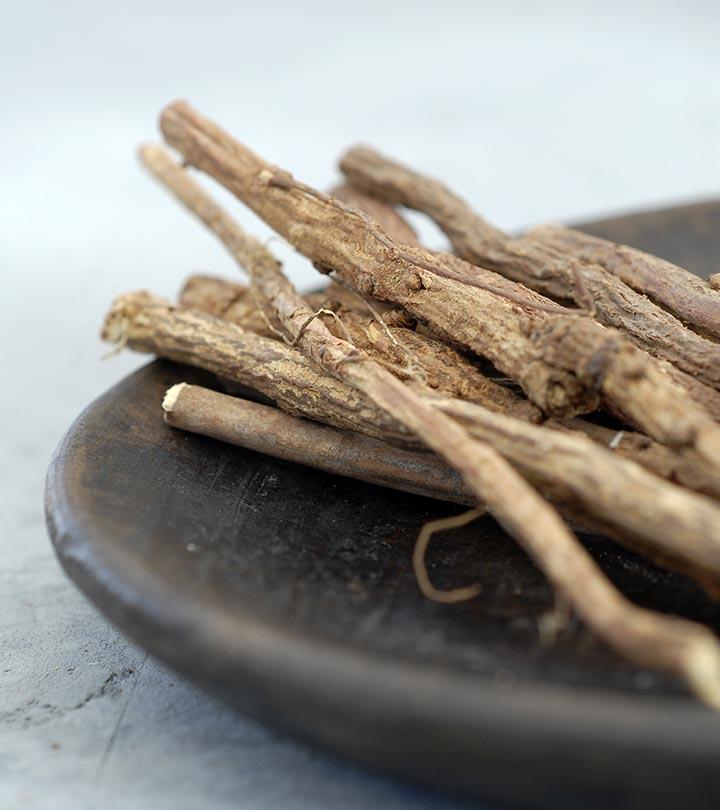
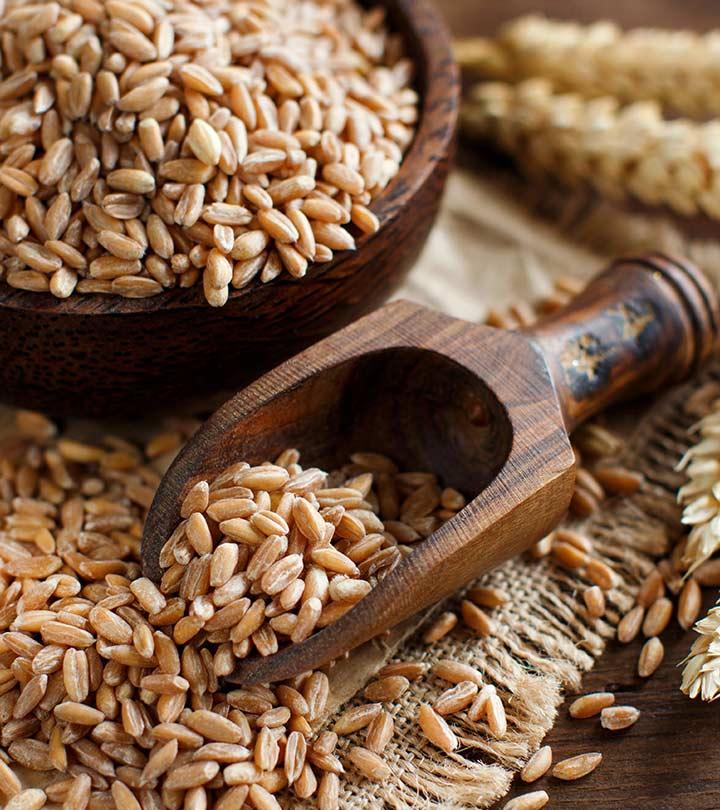
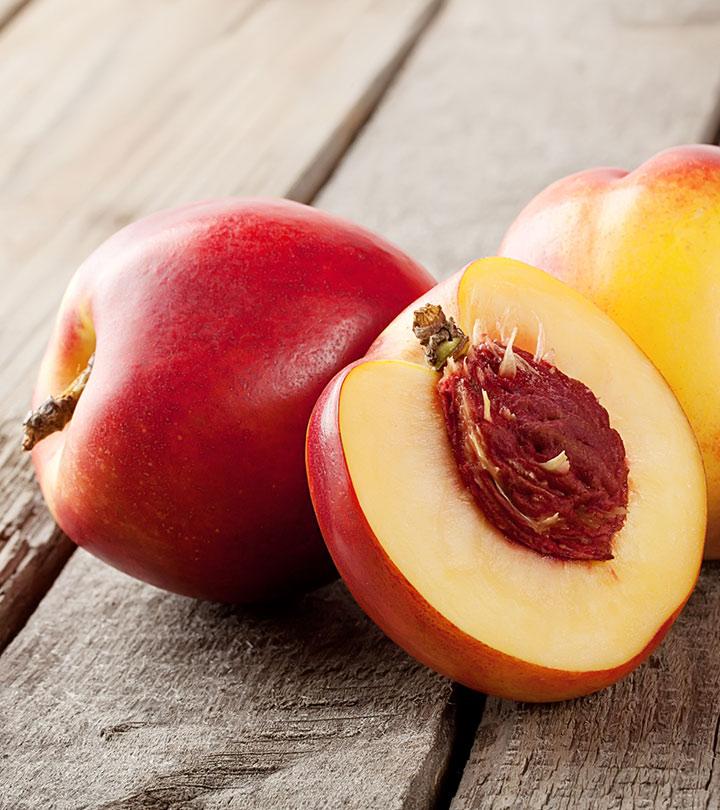
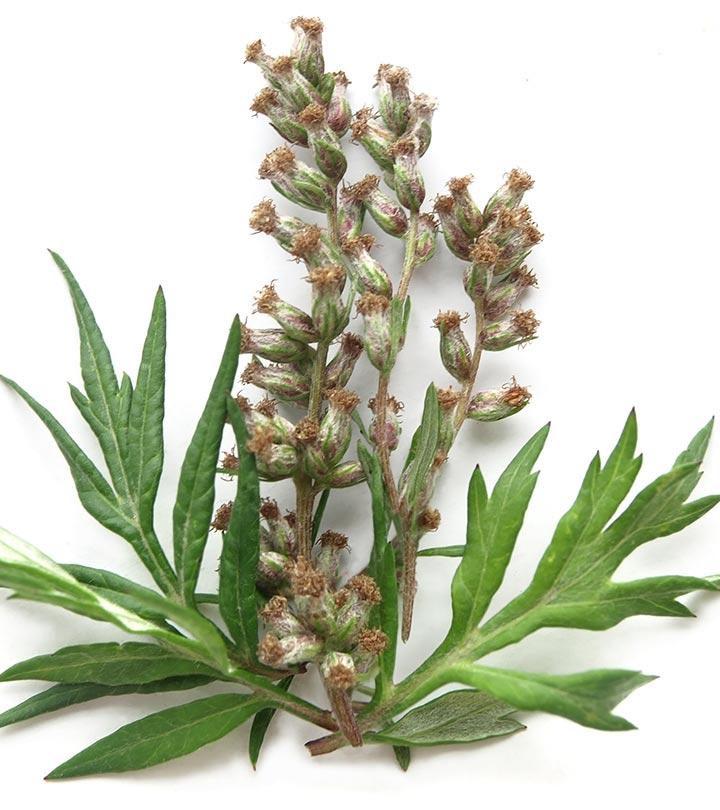

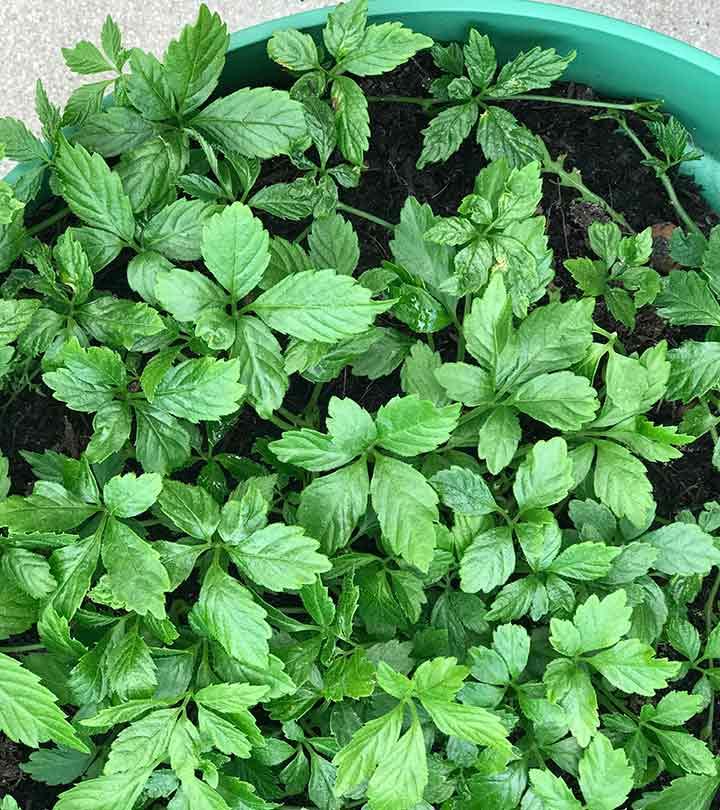
Community Experiences
Join the conversation and become a part of our empowering community! Share your stories, experiences, and insights to connect with other beauty, lifestyle, and health enthusiasts.